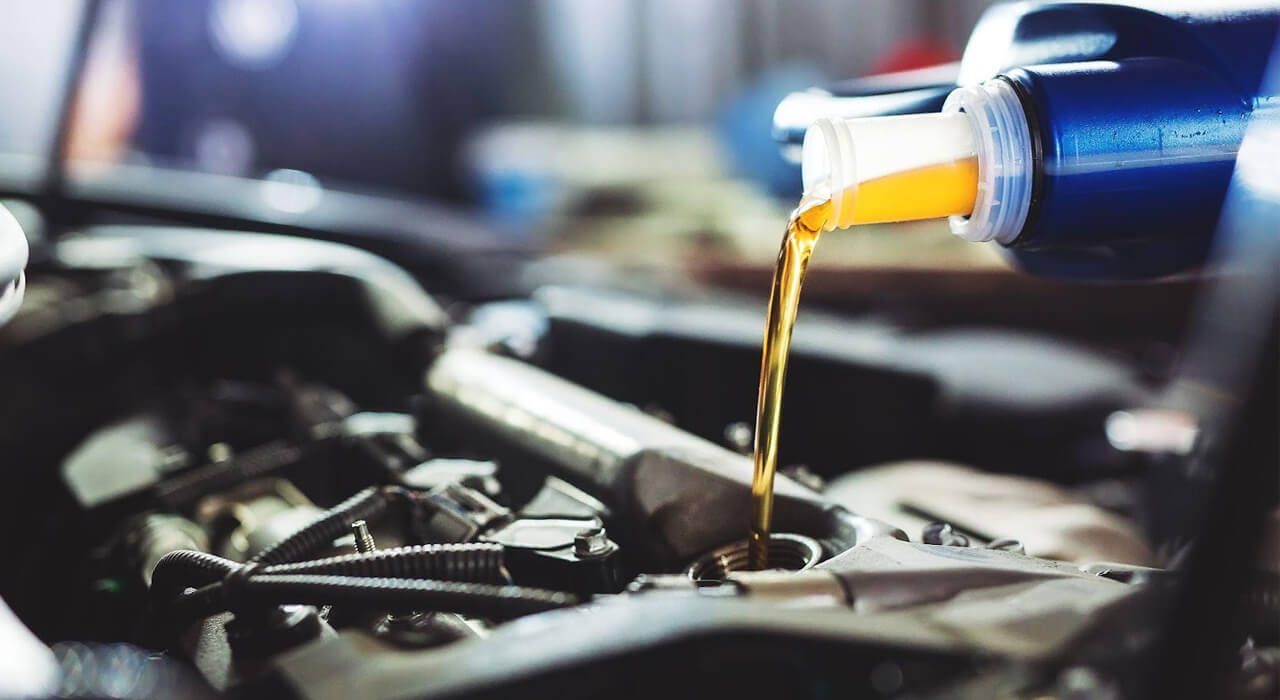Lemon laws are consumer protection statutes that provide legal remedies to individuals who have purchased defective vehicles, often referred to as “lemons.” These laws vary from state to state and are primarily designed to safeguard consumers against purchasing vehicles with significant defects or malfunctions.
While lemon laws primarily deal with vehicle defects, they can also play an unexpected role in car accident cases. In this blog, we will delve into what lemon laws are, how they work, and how they can help in car accident cases.
What are Lemon Laws?
Lemon laws are state-specific regulations that provide recourse to consumers who have bought vehicles that repeatedly fail to meet certain standards of quality and performance. Generally, a vehicle is deemed a “lemon” if it has a substantial defect that cannot be repaired after a reasonable number of attempts. The number of attempts and the specific criteria for a vehicle to qualify as a lemon vary by state.
Lemon laws typically apply during a specific period after the purchase of a new vehicle or sometimes a used vehicle. If a consumer encounters persistent problems with their vehicle during this period, they may be entitled to a refund, replacement, or repair of the defective vehicle, depending on the state’s regulations.
Also Check: Most Popular Italian Car Brands For Luxurious Car Drive
How Lemon Laws Can Help in Car Accident Cases?

While lemon laws are primarily associated with defects that hinder a vehicle’s functionality and safety, they can also intersect with car accident cases in certain scenarios. Here’s how lemon laws might come into play:
1. Hidden Defects Leading to Accidents:
In some instances, a vehicle’s defects might not be immediately apparent and could contribute to an accident. Nevertheless, as mentioned by car accident attorneys in Philadelphia, if a driver can establish that the accident was caused or exacerbated by a hidden defect that falls within the scope of their state’s lemon law, they might have legal grounds for seeking compensation.
2. Manufacturer Negligence:
Lemon laws often involve issues that arise due to manufacturer negligence, including faulty manufacturing processes or design flaws. If these defects lead to an accident, victims might be able to argue that the manufacturer’s negligence was a contributing factor to the incident.
3. Diminished Vehicle Value:
Lemon laws don’t only pertain to safety issues. They also cover cases where a vehicle’s value is significantly diminished due to defects or malfunctions. If an accident reduces a vehicle’s value due to both the accident and underlying defects, victims could seek compensation for both aspects of the damage.
Suggestion: Older Trucks With Good Gas Mileage
4. Evidence of Defects:
Lemon law cases require substantial evidence of the vehicle’s defects. In car accident cases, this can be advantageous. If a driver can present evidence of pre-existing defects that played a role in the accident’s severity, it could strengthen their position in pursuing compensation.
5. Proving Manufacturer Knowledge:
In some instances, manufacturers might be aware of recurring defects but fail to take corrective actions. If this knowledge can be proven, it could contribute to a driver’s case by highlighting the manufacturer’s negligence and potential liability.
Lemon laws were designed to protect consumers from purchasing vehicles that fail to meet reasonable standards of quality and safety. While their primary focus is on vehicle defects, these laws can also play an interesting role in car accident cases where defects contribute to accidents, affect vehicle value, or point to manufacturer negligence.
If you’ve been involved in a car accident and suspect that a defect in your vehicle played a role, it’s important to consult with legal professionals well-versed in both personal injury and lemon law cases. Remember, each state has its own set of lemon laws, so understanding your rights and options is crucial for a successful outcome.

















